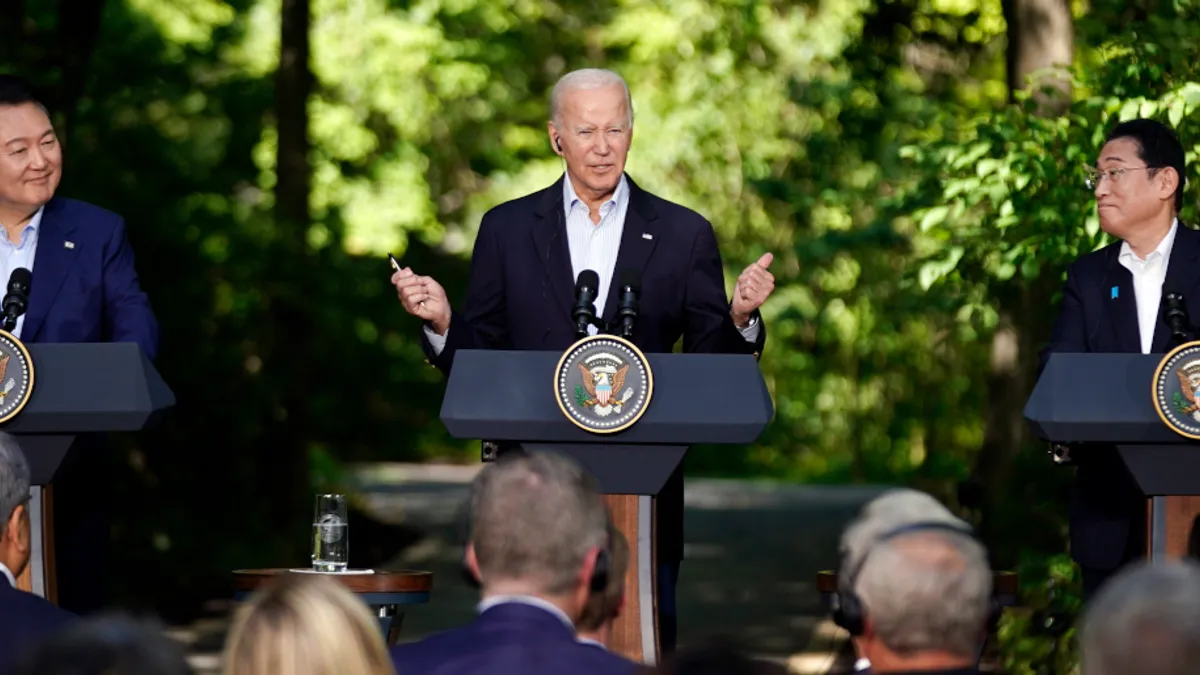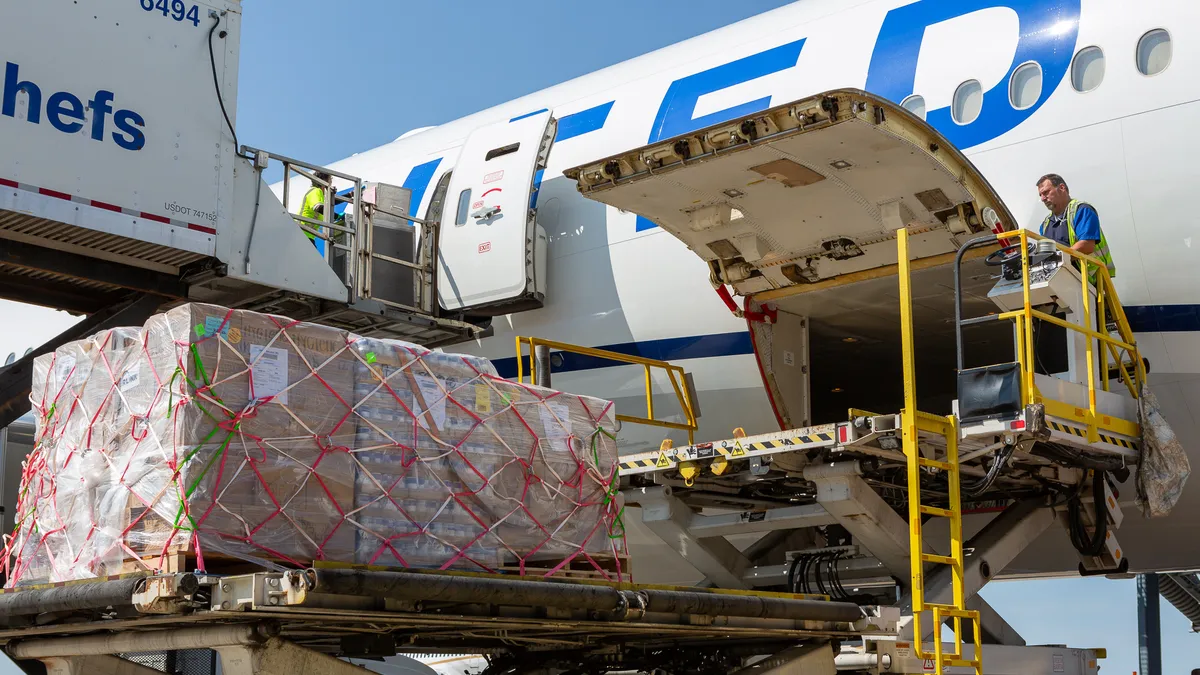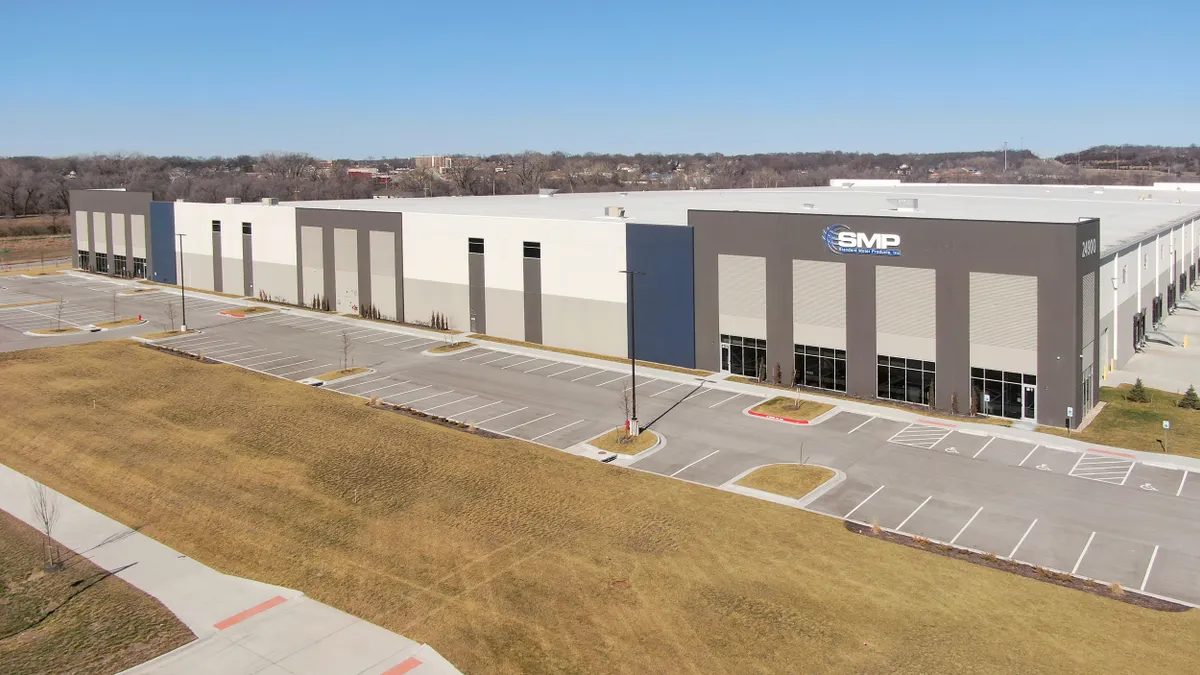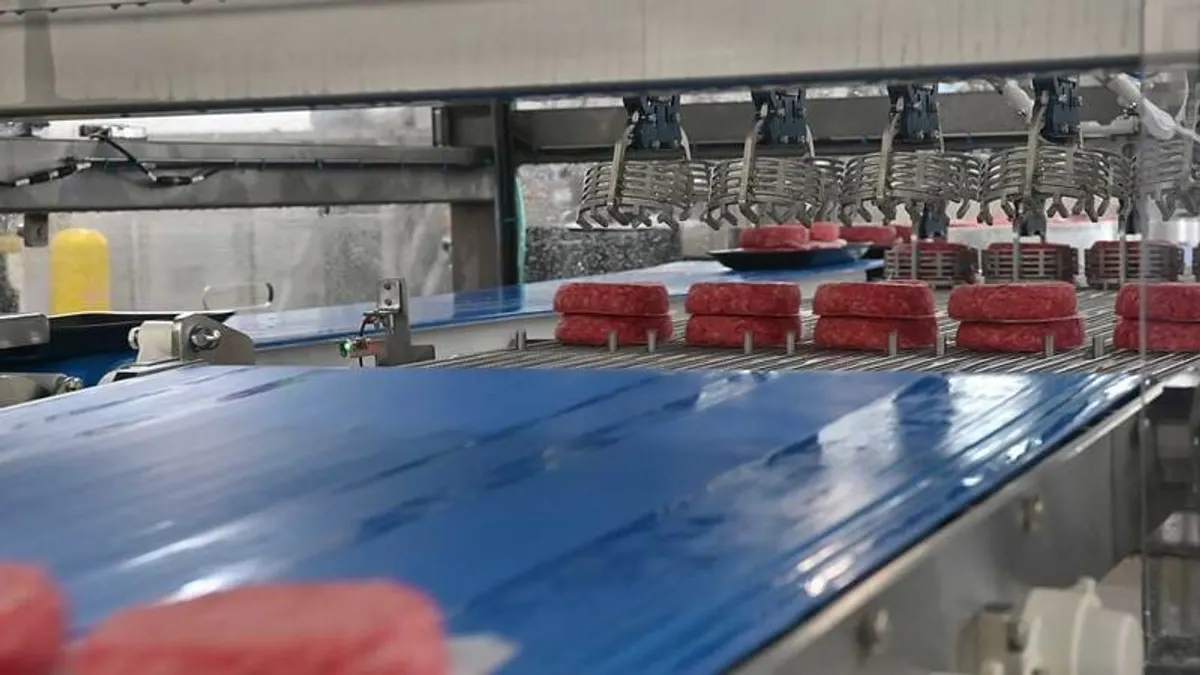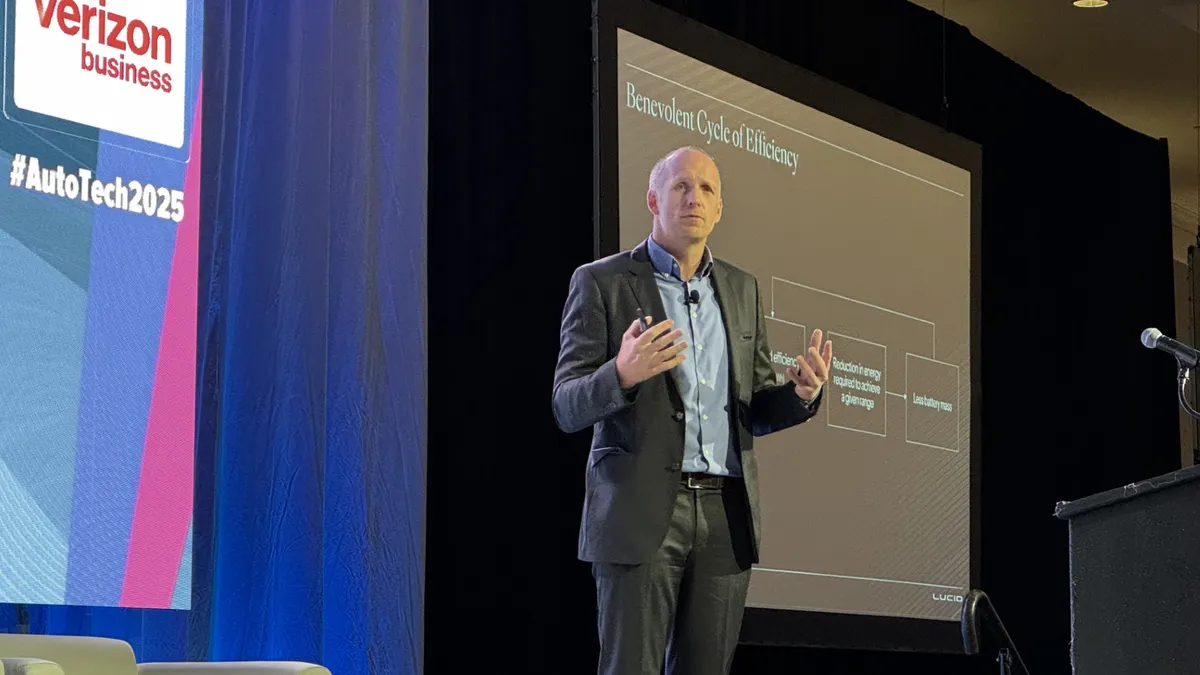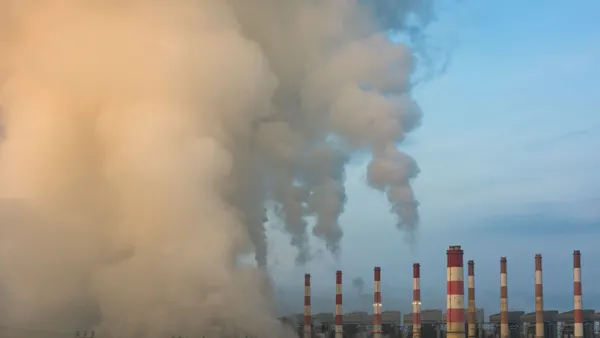In August, President Biden hosted the leaders of Japan and South Korea at Camp David, bringing the three countries together in a bid to further encourage collaboration and innovation.
When it came to supply chains and manufacturing, Biden, South Korea President Yoon Suk Yeol and Japanese Prime Minister Fumio Kishida honed in on critical minerals and each country's need for the materials to support their electric vehicle and battery ambitions.
The leaders agreed to launch a pilot program for a supply chain early warning system to exchange information about possible disruptions to key production and logistics networks.
"They will identify priority products and materials — such as critical minerals, and rechargeable batteries — and establish mechanisms to rapidly share information on disruptions to crucial supply chains," the White House stated in a release from the summit.
While the White House has been scant on details of what the program will look like, it likely will focus on data and information sharing and ways to pool resources among the three countries, said Tami Overby, senior advisor in the East Asia and Pacific practice at Albright Stonebridge Group.
The administration has yet to announce a program launch date, but Overby noted conversations around the system are "happening now."
"They could promote knowledge exchange, do tech transfer between the countries, best practices in supply chain management, with the idea of whatever they can do between the three countries just to get in sync," Overby said.
A pilot program could start with gallium and germanium
The three countries could collaborate on mining and processing for critical minerals, Overby said. Doing so could allow them to pool resources and mineral access, which may help overcome China’s dominance in the world's mineral resources and processing capacity.
The pilot, Overby added, could start by using the warning system for two critical minerals — gallium and germanium. The two minerals are used in semiconductor production, as well as in the defense and renewable energy sectors.
The U.S. is not home to any gallium production, and only Alaska and Tennessee contain any mines with germanium as of last year, according to the U.S. Geological Survey. China, meanwhile, contains 85% of the world's gallium production capacity and controls roughly 60% of global germanium production.
The disparity in control of the minerals' supply chains was exacerbated this summer when China placed new export controls on germanium and gallium. Following implementation of the controls, China exported no wrought germanium or gallium in August, Reuters reported.
And while some Chinese companies have since received approval to export the materials, Overby said the situation makes a prime case for using the minerals as guinea pigs in the warning system pilot. She noted the three countries could collectively procure the minerals and exchange information about the state of each nation's reserve supplies, as well as create a secure data sharing platform.
"Nobody's going to show everything and tell everything, but if they could create an alliance that says ‘look, if something happens, we're going to commit to, like in a mutual defense treaty, where an attack on one is viewed as an attack on all,’" Overby said. "They could coordinate something on the stockpiles so that if one of the countries gets hit with this shortage, we're going to all pitch in together."
A system built on international trust
The warning system's success will be predicated on mutual trust among the countries involved, said Shay Webster, director of Asian economic affairs at the Asia Society. The system should include collaborative forums and other platforms to bring together not only government officials, but also private companies in relevant sectors.
And while the idea for the pilot began among the U.S., Japan and South Korea, Webster added that if successful, it could grow to include more entities.
"You start with who already has some level of trust, and then you start small and you get more robust," Webster said.
Overby added that building the warning system with allied countries helps the U.S. create cooperation around critical minerals in the region, particularly as the hunt for critical minerals ramps up.
"The three countries are recognizing that in order to deal with the rise of China, it's better to have like-minded countries, countries where you share values," she said. "It’s going to come down to who do you trust.”



